When we talk about the lifestyle we mean the way we do things in terms of our behavior, the way we interact, what we consume, the activities we participate in, and the interests that we have. Ultimately, lifestyle also incorporates values that we take into account in our homes and in everything else that we do.
When we talk about an eco-friendly lifestyle, this can incorporate anything from the way we get around (transportation), and our efforts to avoid plastic and ensure that everything we can recycle gets recycled, to using ENERGY STAR-rated appliances and ensuring our homes are designed to be energy efficient. The latter incorporates everything relating to energy and sustainability, including solar heating, eco-friendly lighting, energy-efficient cooling methods, better insulation, and harvesting rainwater.
You may not be able to embrace it all, but here are some tips to get help get you started.
Top Ten Tips for an Eco-Friendly Lifestyle
1. Transportation
Transportation, along with heating and production of electricity, is the largest source of greenhouse gas emissions in the U.S. More than 90% of the fuel we use for transportation, including diesel and gasoline, is petroleum-based. For this reason, a lifestyle change regarding transportation really can make a difference.
If you can afford to switch to an electric vehicle do so. Otherwise, ride a bicycle or walk whenever you can. Not only will the environment benefit, but you’ll also improve your health.
2. Recycle
Before you throw anything into the trash can consider whether it can be recycled. The most obvious items include paper, cardboard (including boxes used for packaging of all types), tin cans and other types of metal, glass, and both rigid and flexible (as in bags and wrap) plastic. Depending on where you live, there may be collection services and you may be required to separate different materials from one another. Alternatively, find a recycling center where you can deliver your own waste.
Recycled products can also be used in your home and to build or renovate it.
3. Eco-Friendly Appliances
While not all eco-friendly appliances are rated by ENERGY STAR if they are you can be sure that you’ll be on the right track to using less energy in your home. Not only will you be helping to reduce greenhouse gases, but using eco-friendly appliances is a sure way to save money. In just one year (2017), ENERGY STAR reportedly helped reduce U.S. energy costs by a whopping $30 million.
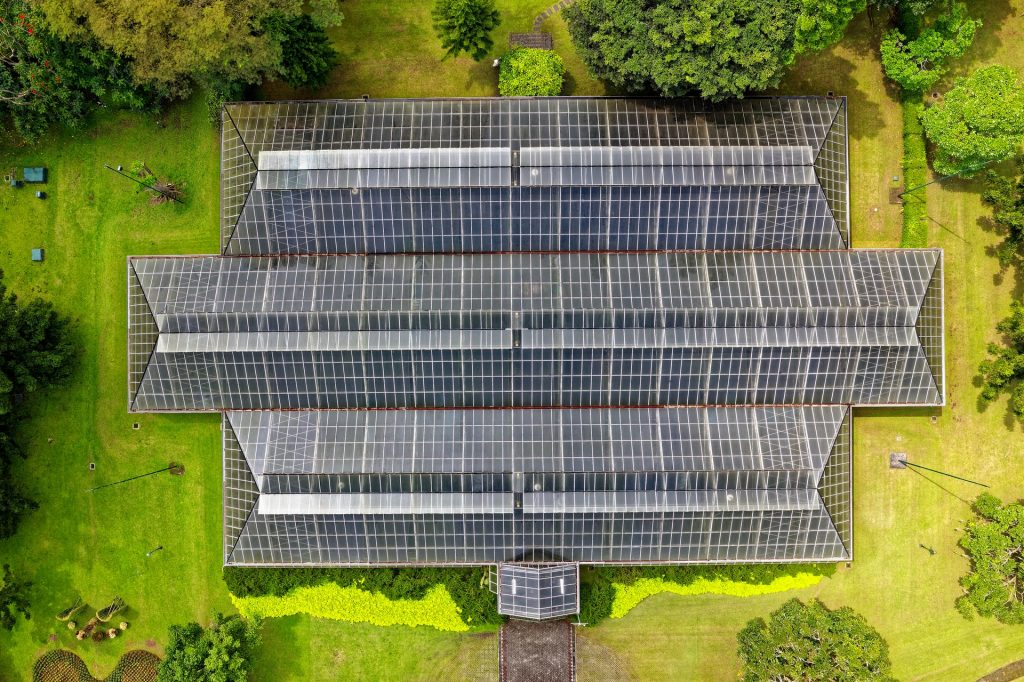
4. Solar Power & Solar Heating
Instead of burning fossil fuels like natural gas and coal, harvest energy from the sun to provide electricity for heating. The most eco-friendly options can have you living off the grid, though many people generate solar power and then feed any excess back into the grid. Alternatively, batteries installed on-site may be used to store excess solar power and this easily accessible power can be used when required. This is an excellent way to reduce the cost of electricity in your home.
Solar heating systems with collectors in the form of panels or tubes that are mounted on the roof are a great solution for heating water.
Passive solar heating is another eco-friendly lifestyle solution that will help to reduce energy use. However, it is largely dependent on the way your home or office building was designed. For example, shading will help to keep homes cool and large windows that admit sunshine and warm the interior in colder weather conditions.
An MEP engineering firm in Chicago, New York, Toronto, or any of the world’s cities will be able to advise on the many varied options available to take advantage of solar heating systems.
5. Wind Power
Like solar power, the wind can be used to generate electricity. It can also be used to create heat, and you don’t need massive wind turbines to do it. You do, though, need to live in a relatively windy area to take advantage of this kind of system. Have a look at kits that are available, or contact an engineering firm for advice.
6. Eco-Friendly Lighting
Lighting is an element that is easily improved, simply by taking maximum advantage of natural sunlight and using artificial lighting that is energy-efficient, if only by using eco-friendly light-emitting diode (LED) bulbs that are a lot more longer lasting than compact fluorescent light (CFL) bulbs. Some use up to 90% less energy than standard light bulbs.
7. Energy-Efficient Cooling
Geothermal systems that use ground source heat pumps are great for both energy-efficient cooling and heating. You can save up to 50% on cooling bills by replacing old fashioned HVAC systems with these heat pumps, and they will last longer too.
If you don’t want to spend the money required for a geothermal system, you could compromise and try passive cooling rather than traditional air-con units. Like passive solar systems, passive cooling relies on blocking out heat while allowing cool air to enter the house. Roof vents and ceiling fans may also be used to cool interiors.
8. Improved Insulation
The key to any green, healthy building is energy efficiency. In addition to utilizing sources of renewable energy, good insulation of walls, floors, and ceilings is imperative. Properly done, it will go a long way to keeping your house cold when it’s hot and hot when it’s cold.
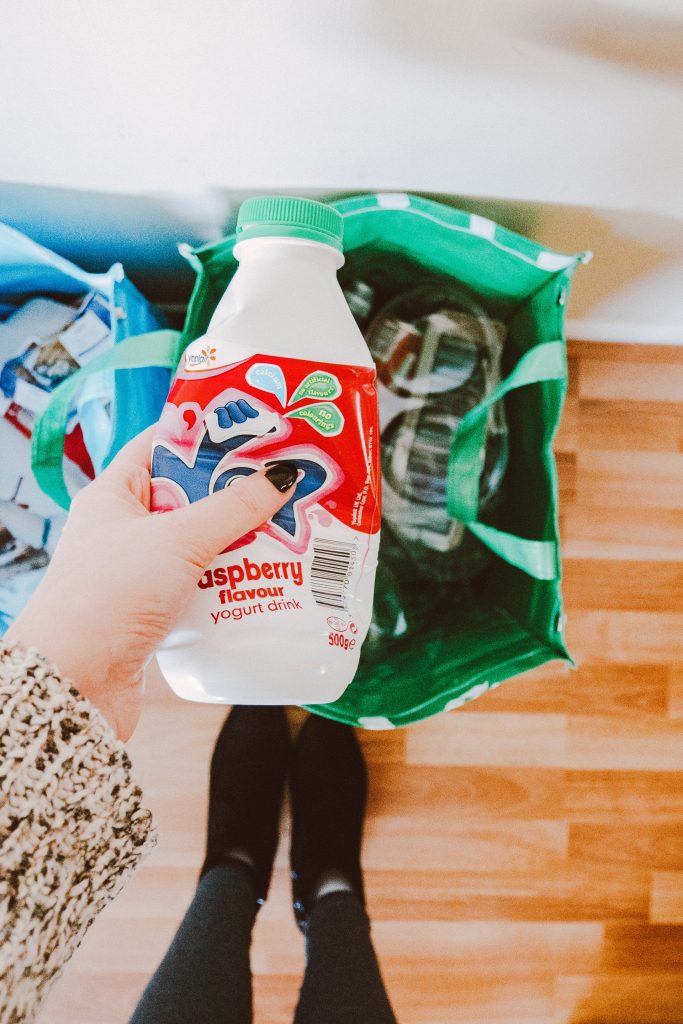
9. Water Management
It doesn’t matter whether you live in a drought-stricken area or in a place where water is plentiful, capturing rainwater is another key to an eco-friendly lifestyle. Installing greywater systems, ideal for irrigation and flushing toilets is another way that will help you to save on water costs.
Rainwater harvesting systems may be as simple as installing a rain barrel of some kind that channels water from gutters and downpipes to more advanced blue roof systems, both of which are eco-friendly and highly sustainable. The latter involves the detention of water which is then released back into the environment at a controlled rate.
10. Don’t Forget to Breathe
This might seem like a no-brainer, but when you’re trying really hard to do something right you can become so stressed that you start to negate the benefits.
This is just a taste of what you can do to ensure an eco-friendly lifestyle. If you want to take additional steps that will help you minimize your environmental footprint, a New York or Chicago engineering firm, or professional engineers that specialize in green technologies, will be able to provide key solutions that will definitely impact on your lifestyle in a positive way.
About the author
Michael Tobias is the founder and principal of New York Engineers, an Inc 5000 Fastest Growing Company in America. He leads a team of 30+ mechanical, electrical, plumbing, and fire protection engineers from the company headquarters in New York City, and has led more than 1,000 projects in New York, New Jersey, Chicago, Pennsylvania, Connecticut, Florida, Maryland, and California, as well as Singapore and Malaysia.






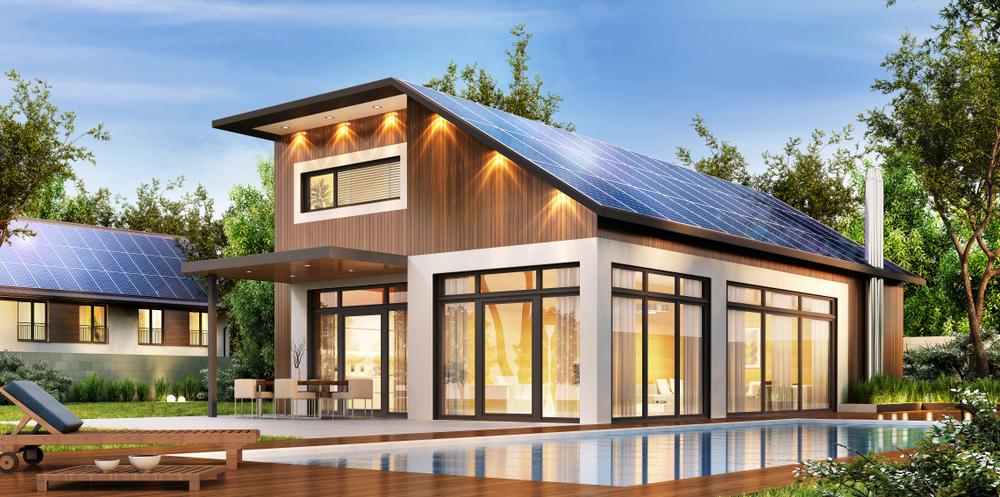



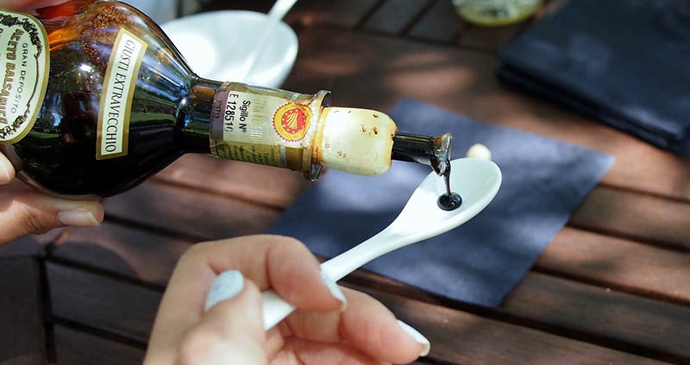
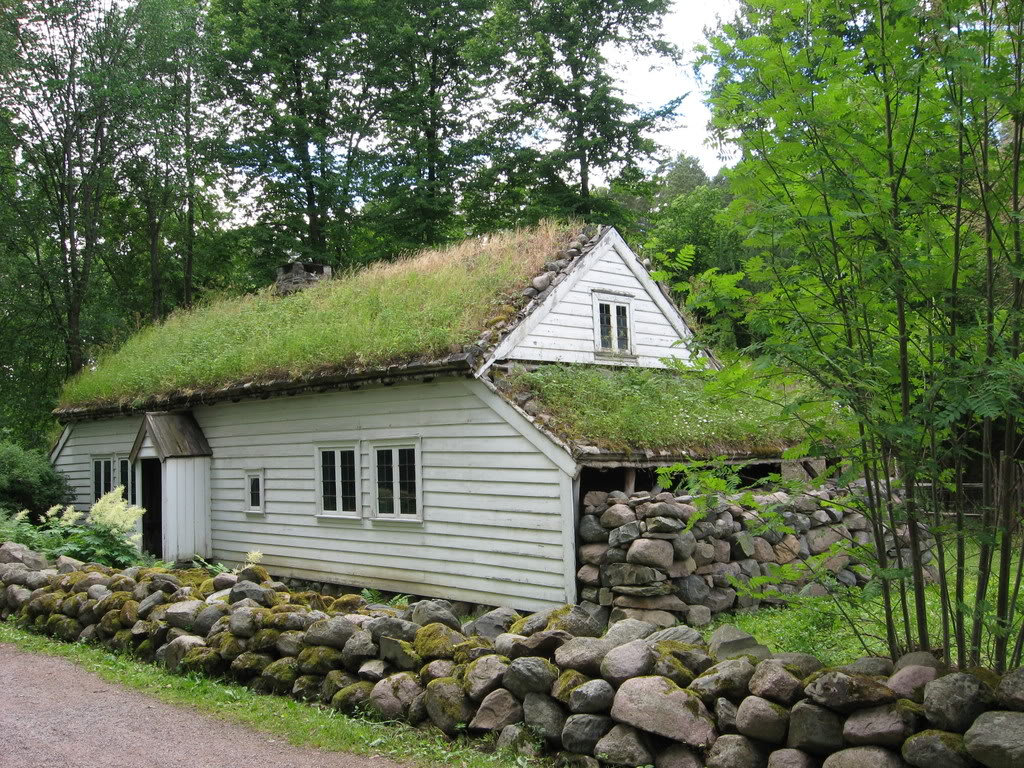
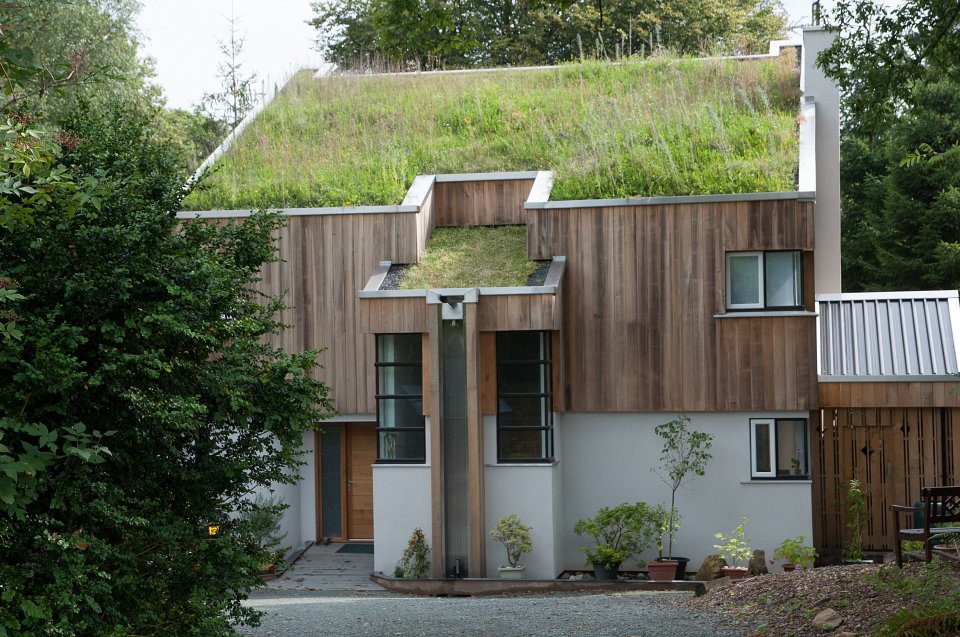
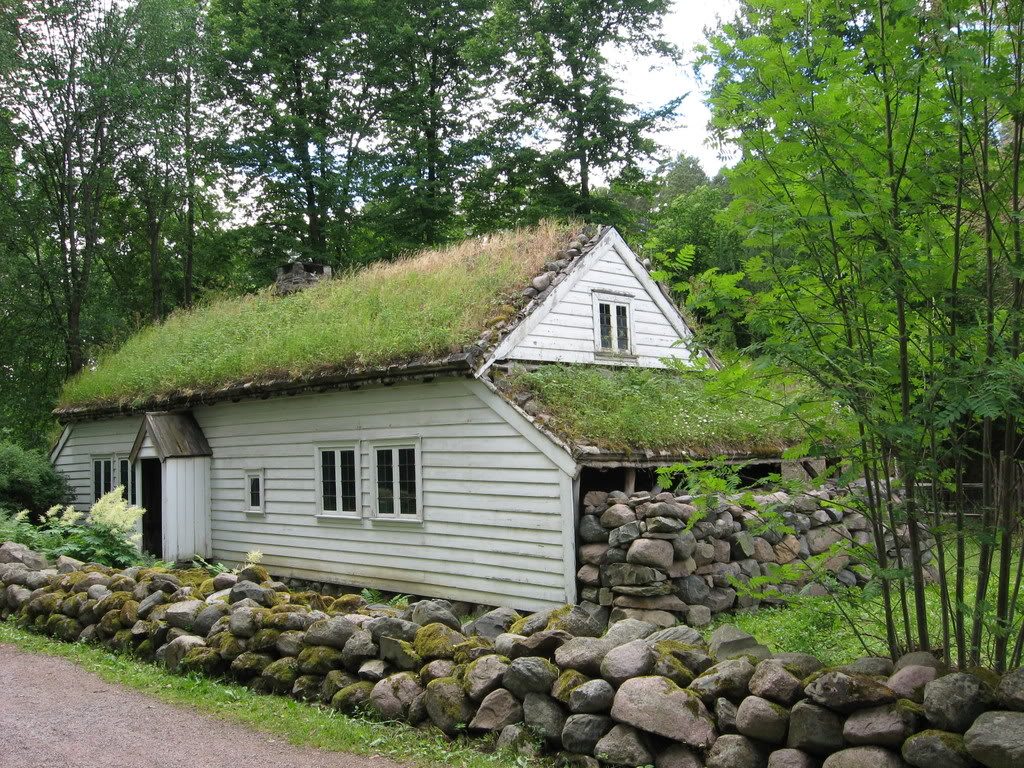
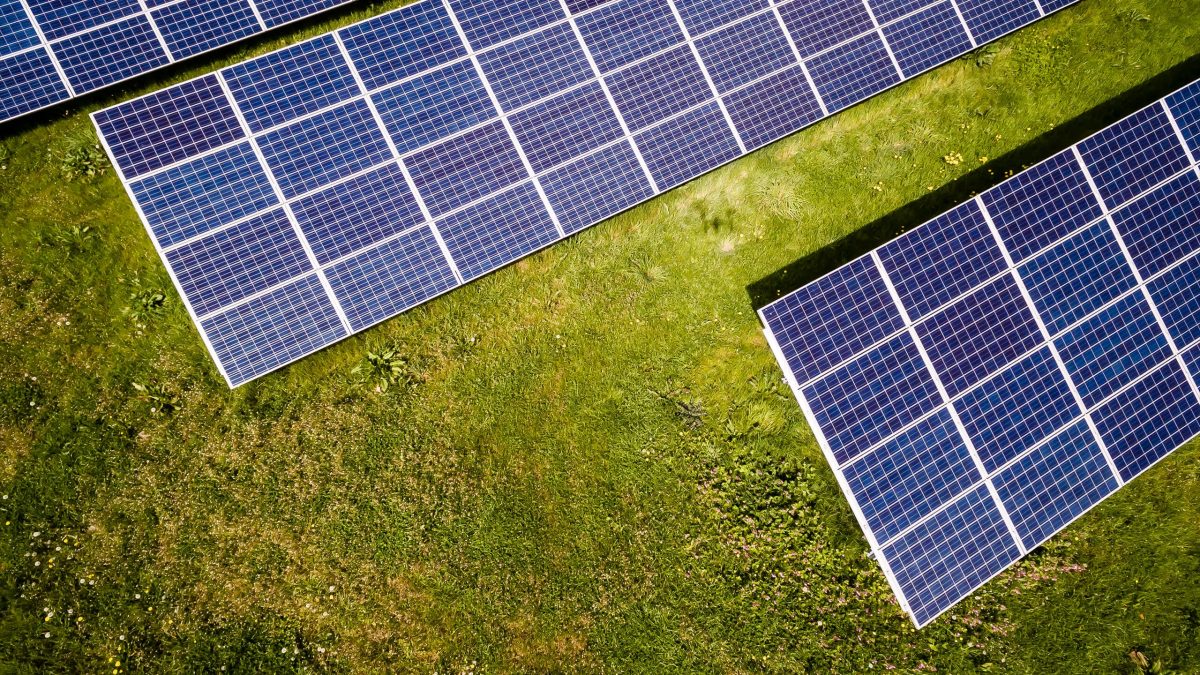
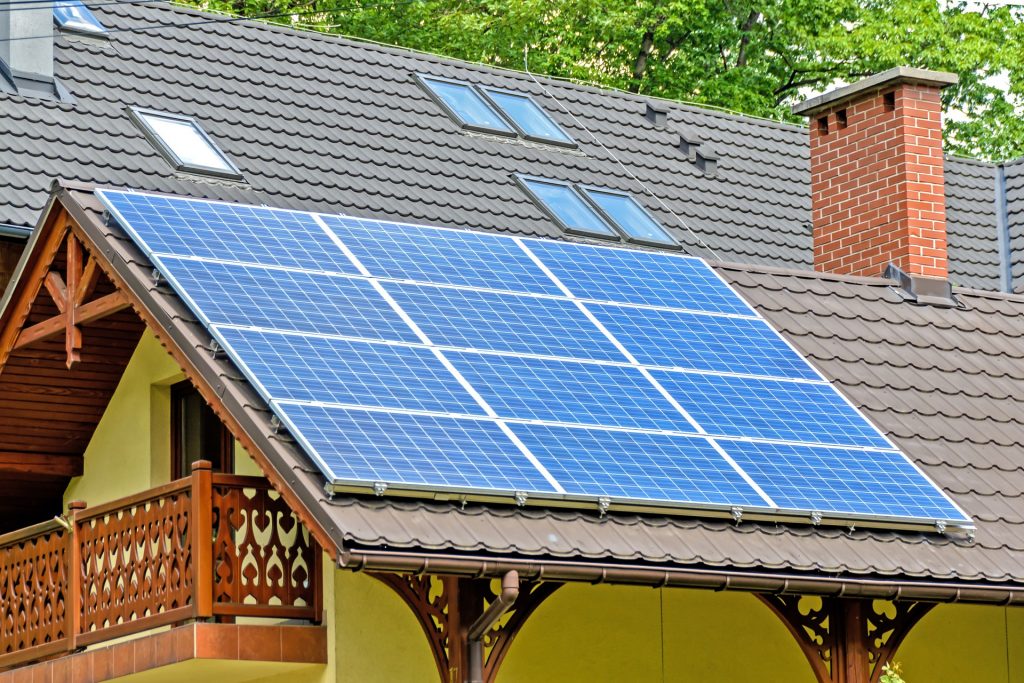
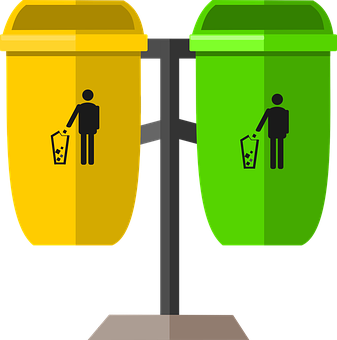

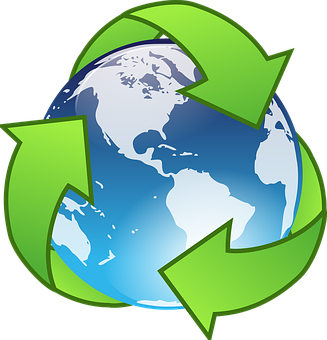
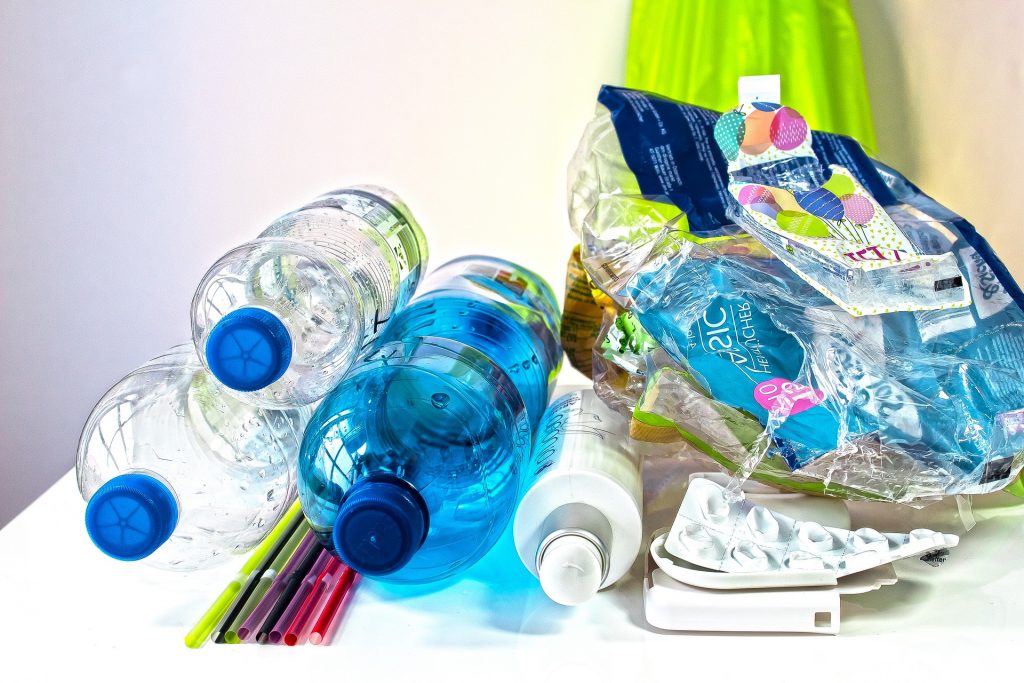
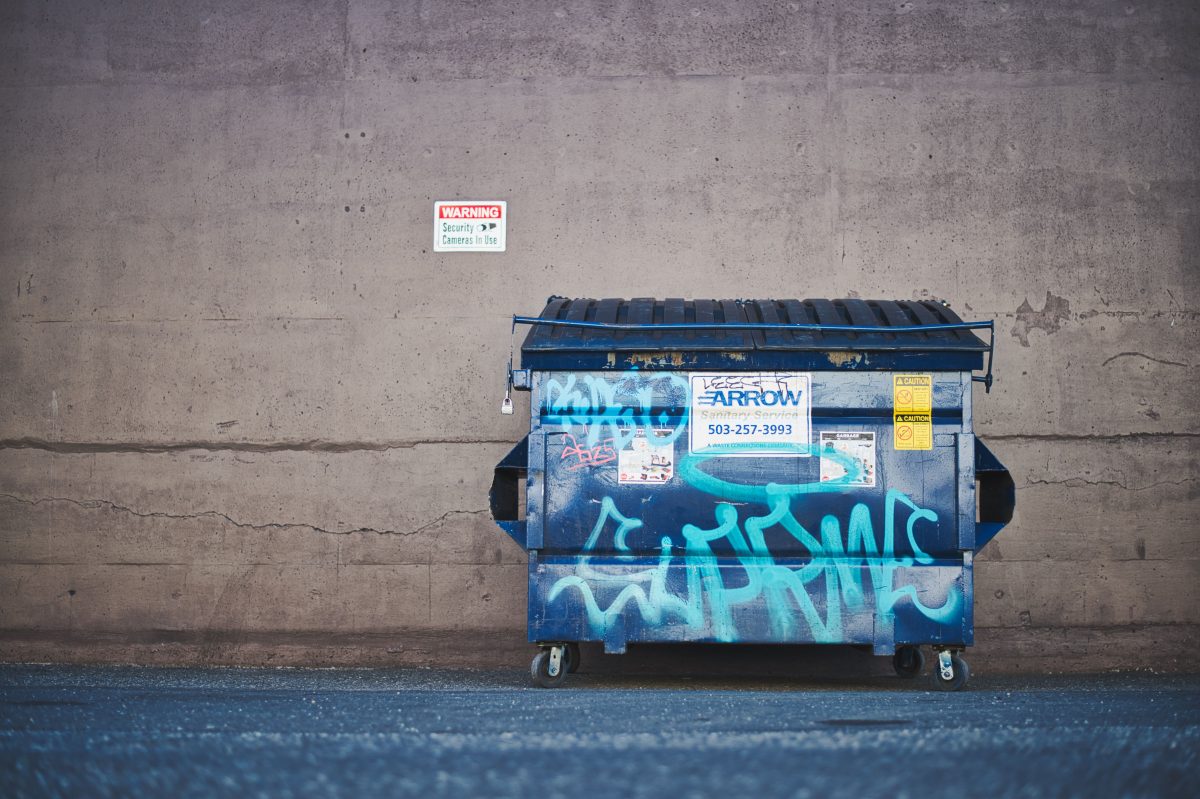
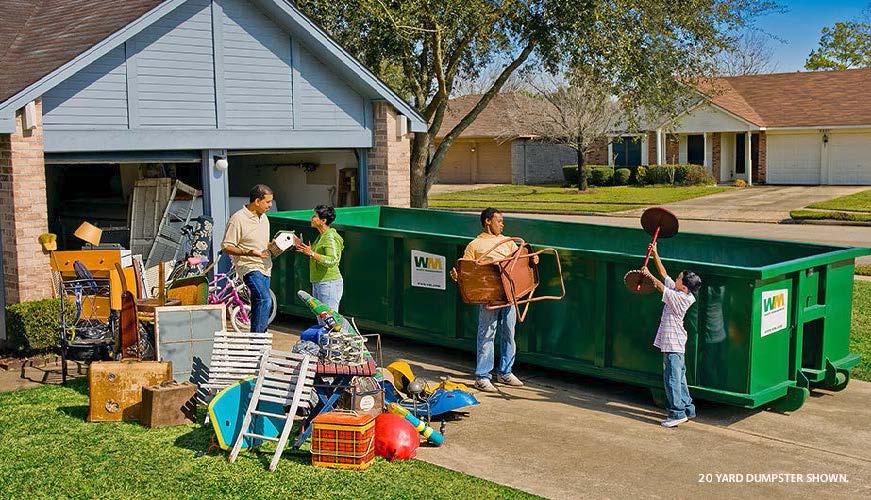
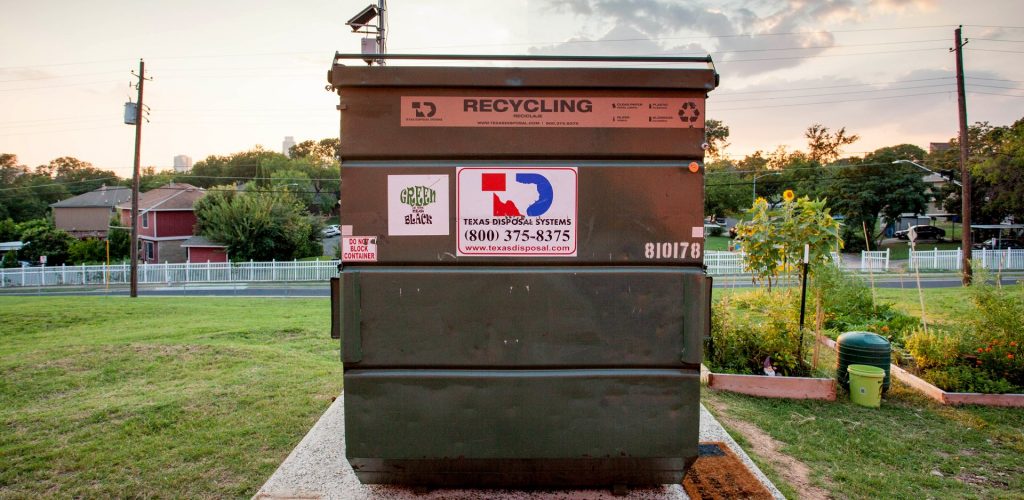
 or discipline them at the wrong time, it can have equally disastrous effects.
or discipline them at the wrong time, it can have equally disastrous effects.